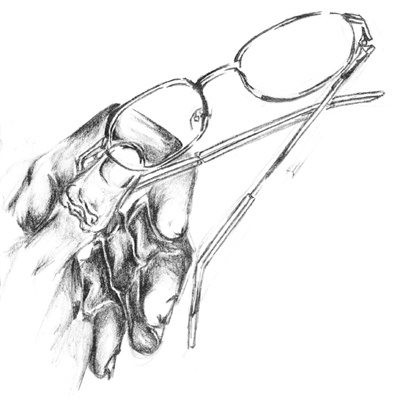All Nonfiction
- Bullying
- Books
- Academic
- Author Interviews
- Celebrity interviews
- College Articles
- College Essays
- Educator of the Year
- Heroes
- Interviews
- Memoir
- Personal Experience
- Sports
- Travel & Culture
All Opinions
- Bullying
- Current Events / Politics
- Discrimination
- Drugs / Alcohol / Smoking
- Entertainment / Celebrities
- Environment
- Love / Relationships
- Movies / Music / TV
- Pop Culture / Trends
- School / College
- Social Issues / Civics
- Spirituality / Religion
- Sports / Hobbies
All Hot Topics
- Bullying
- Community Service
- Environment
- Health
- Letters to the Editor
- Pride & Prejudice
- What Matters
- Back
Summer Guide
- Program Links
- Program Reviews
- Back
College Guide
- College Links
- College Reviews
- College Essays
- College Articles
- Back
True Education
Equal and equivalent is not the same thing; this is directly true in math. In an entire equation both expressions are equal, but not necessarily equivalent, their functions are what make them balance. This is true with people also, all people are equal but not equivalent, and it is their function that makes them balance each other out. No reasonable person would claim that a talented musician is any less intelligent than a cunning business manager. They both work the flow of complex systems; they both balance massive sets of subtle variables. The difference is their function, one does their job via audible media and one via social systems, but both have similar talents of thought. We believe in America that all people are equal; we should not however, extend this idea to that they are all equivalent, or the same. People are like ever changing puzzle pieces; they all cover the same area, yet their shape and color is constantly changing. When we organize our society in a manner that is most advantageous to the majority, we miss some of the most important members. This would be like trying to finish our puzzle without ever using corner or edge pieces, constantly scrambling to find the next piece without ever stopping to consider the picture we’re making. Though this sounds senseless to most people, this is exactly how we educate our society. We seem to think that free and goal-less are synonymous, that equal and equivalent appear under the same Thesaurus entry. Our education system needs to work in a chaotic, dynamic, and balanced fashion. We need to have local and social goals while encouraging students to use their talents to reach their goals as well as community goals. This would create a realistic, flexible and productive education system that encourages students to become responsible, productive and respectable members of society. No one wears all of talent’s hats’; therefore we must all wear a different hat. We must, as individuals, and simultaneously as a community, find a way we can be personally, cooperatively, and globally advantageous in the same moment and act. Our education system has to be either reconfigured to encourage this or be forced to adapt to a society that acts this way naturally. It doesn’t make sense that everyone needs the same content of education, since no one person will ever share the same content in life with another. What might seem a basic necessity to one person is virtually useless to the next. We’ve all hear that one persons trash is another’s treasure, well vice-versa is also true. Your treasure is almost certainly trash to me; it is its meaning and function in your life that give the object purpose. I am hoping to go into a field of mechanics, and sorry, unless you can make it relevant to me, I find art useless, or so that’s what I thought as I entered eighth grade art. Just before I switched schools, I had a strange art teacher. He showed me how you can compare objects to find their size and shape accurately. He showed me how shadowing and shading revealed the shape of an objects curvature, and how to adjust your line of sight to see things that are really small or really far away. Whereas most people would have chattered on about color, it was the art that lacked color that was most advantageous to both of us. My art got better, and I was able to more accurately analyze machines, I later chose to be a CADD technician in my new school. When both the student, and the teacher work toward any common goal, both win. This should be a standard in education, not a phenomenon. Before this year I could barely compose a coherent sentence, after my English teacher illustrated how proper grammar could result in a more profitable contract or a pay negotiation letter, my grammar began to improve. This new found ability is bringing light to a new personal form of communication and a better use of my plethora if vocabulary words. All of these are perfect examples of how the idea that we are all equal, but not equivalent promoted my life and others. I can now present, write and speak publically with relative confidence, in hope of enlightening others to my paradigm. This is the key; the flexibility of paradigm makes the industriousness of a person, community and society. So, the next time you’re struggling with something, ask the least likely person to help you. It will amaze you and everyone else. Do as “Radio” taught us and just dance.

Similar Articles
JOIN THE DISCUSSION
This article has 0 comments.
